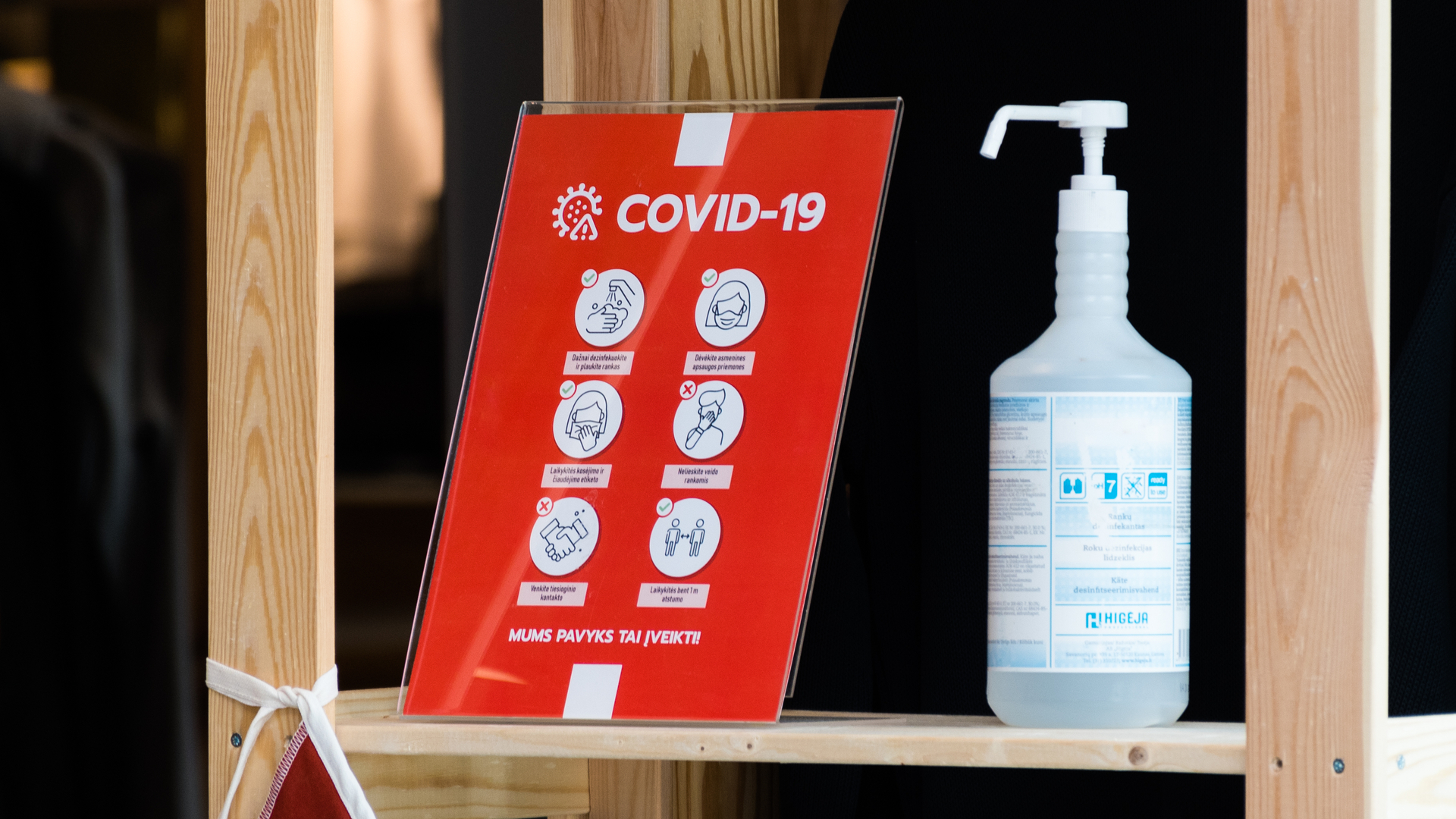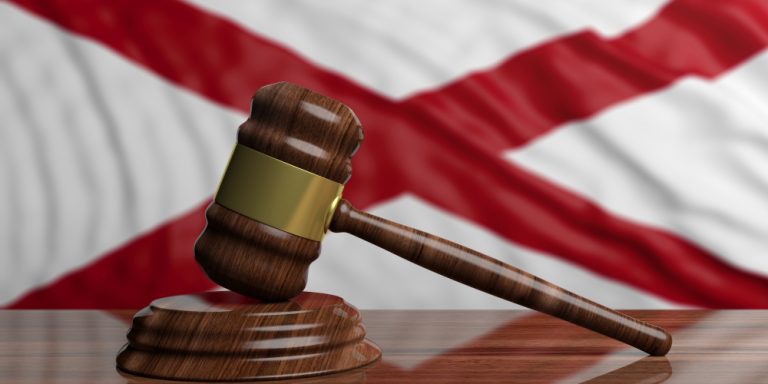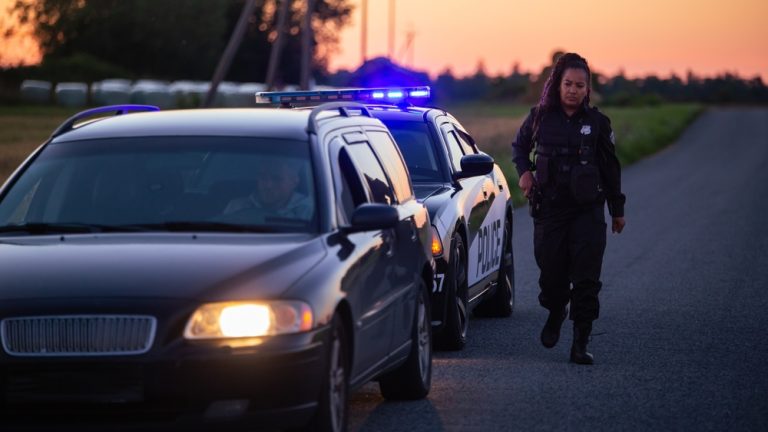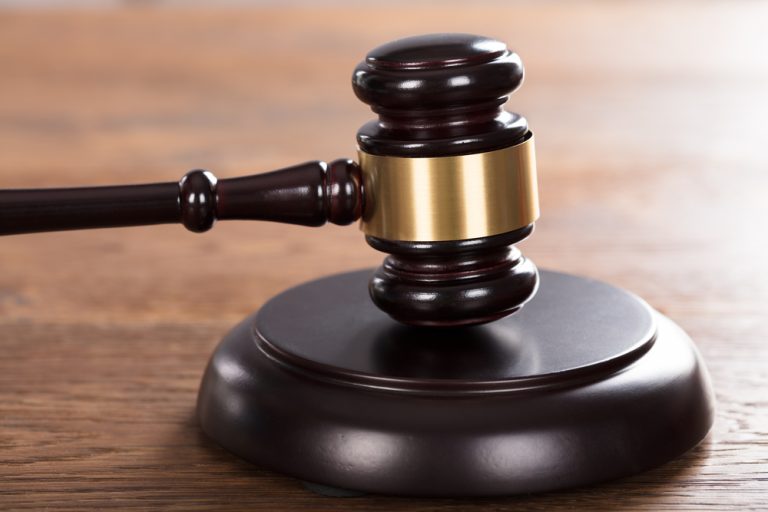Intersection Between COVID-19 and Worker’s Compensation Immunity: Are Employers at Risk of Civil Litigation?
Intersection Between COVID-19 and Worker’s Compensation Immunity: Are Employers at Risk of Civil Litigation?
Florida employers may be at risk of civil litigation if employees successfully circumvent the workers’ compensation scheme for COVID-19 related injury or death during the course and scope of their employment. In fact, COVID-19 related lawsuits have been filed throughout the country. For example, in California, Mrs. Zuniga, the decedent’s wife, brought a lawsuit against Safeway and Albertsons for negligence and wrongful death (among others claims) when her husband died after contracting COVID-19. Like Florida, California law provides that workers’ compensation is the exclusive remedy for employees who are injured or die during the course and scope of their employment.
Can this happen to Florida employers?
Florida’s Workers’ Compensation Law similarly creates an exclusive remedy for employees who are injured or die while on the job. Assuming the injury or death occurred during the course and scope of employment, Florida law requires an employer to assume liability regardless of fault. This exclusive remedy creates a system designed to mutually benefit both employees and employers. Employees benefit because they do not have the time-consuming burden to prove that their employer was liable or at fault for their injury or death in order to receive workers’ compensation benefits. Employers benefit because damages paid to their employees are limited by statute and, thus, are generally less than would be recoverable in a lawsuit.
Lawsuits similar to the one filed by Mrs. Zuniga have frequently arisen in situations involving exposure to asbestos, mold or toxic chemicals in California. To address such a situation, 440.151, Fla. Stat., entitles employees to receive workers’ compensation benefits if they suffered from an “occupational disease” by treating it as an accidental injury or death. To receive workers compensation benefits for an “occupational disease” in Florida, the employee has the burden of proof and must establish (1) the disease was caused by employment conditions that are characteristic of and peculiar to a particular occupation; (2) the disease was contracted during employment: (3) the occupation presented a particular hazard of the disease occurring, or the incidence of the disease must be substantially higher in the occupation than in usual occupations; and (4) if the disease is an ordinary disease of life, the incidence of such a disease was substantially higher in the particular occupation than in the general public.
However, under directive 2020-05, issued March 30 2020, Florida created a conclusive presumption (meaning regardless as to any other contributing factor, the claim will be compensable) for frontline state employees where, if an employee contracts COVID‐19, the disease was contracted due to employment and is therefore a compensable workers compensation claim. Simply put, Florida will not contest workers compensation claims filed by front line state employees.
Essential employees working within the private sector who are able to satisfy the four prongs set forth pursuant to case law interpreting § 440.151 may also be entitled to receive workers’ compensation benefits for contracting an “occupational disease.” However, non-essential employees will not likely qualify to receive workers’ compensation benefits pursuant to § 440.151. Regardless, both essential and non-essential employees alike may attempt to file suit against their employers for injury or death due to COVID-19 exposure at work.
But will these employees be able to successfully circumvent Florida’s Workers’ Compensation Law by filing suits for negligence or wrongful death against their employer? Of course, the answer is… it depends.
Florida law creates an extremely high burden for employees to successfully maintain a civil lawsuit against an employer for any work-related injury or death. The employee must prove the employer committed an intentional tort that caused the injury or death of the employee by clear and convincing evidence. To prove the employer acted intentionally, the employee must prove by clear and convincing evidence that either: (1) the employer deliberately intended to injure the employee; or (2) the employer engaged in conduct that the employer knew was “virtually certain” to result in injury.
When determining whether the employer “knew” that its conduct was “virtually certain” to occur, a court may consider prior similar accidents or explicit warnings specifically identifying a known danger. The employee must not be aware of the risk because the danger was not apparent to him or her. Furthermore, the employee must prove that the employer deliberately concealed or misrepresented the danger to prevent the employee from exercising informed judgment about whether to perform the work.
To combat the likelihood of such lawsuits, the “SAFE TO WORK” Act was recently introduced to the United States Senate. This proposed legislation would create an exclusive federal cause of action against a defendant for personal injury caused by an actual, alleged, feared or potential exposure to the virus. The Act would require a plaintiff to prove by clear and convincing evidence that the defendant acted with gross negligence or willful misconduct and would create a “safe harbor” for defendants if they can establish they took reasonable efforts to comply with applicable mandatory standards in effect. The states themselves remain silent on this issue by failing to engage in such “tort reform” efforts. However, some states such as North Carolina, Oklahoma, Utah and Wyoming have already passed legislation in the same vein that provides immunity for premises owners from COVID-19 related civil lawsuits as long as there is no willful misconduct by the premises owner.
Without any specific legislation to guide or prevent such lawsuits, the success of these suits will depend upon the specific facts of each case, the policies adhered to by the employer and the employers’ ability to prove its adherence to its own policies. The best defense against potential lawsuits, is to follow CDC and OSHA guidelines. Employers should also consider implementing best practices by way of written polices such as:
- Maintain proof of adherence to CDC and OSHA guidelines by:
- Creating written policies for cleaning communal work spaces
- Keeping written checklists of cleanings and cleaning agents used
- Posting signage for social distancing, wearing masks and washing hands
- Making hand sanitizer available to all employees
- Implementing additional written policies:
- Allowing employees most at risk to work remotely when possible;
- Requiring employees to report illness and symptoms and document reported illnesses and symptoms;
- Contact tracing if illness or symptoms are reported and documenting findings;
- Notifying all necessary employees in contact with any suspected or confirmed cases and documentation of such notification
Employers must take steps to minimize the possibility of these lawsuits while keeping in mind that circumventing workers compensation immunity is only one avenue to civil litigation. Violation of employment laws is another. But steadfast adherence to federal and state guidelines along with common sense, will reduce the likelihood of future litigation.








